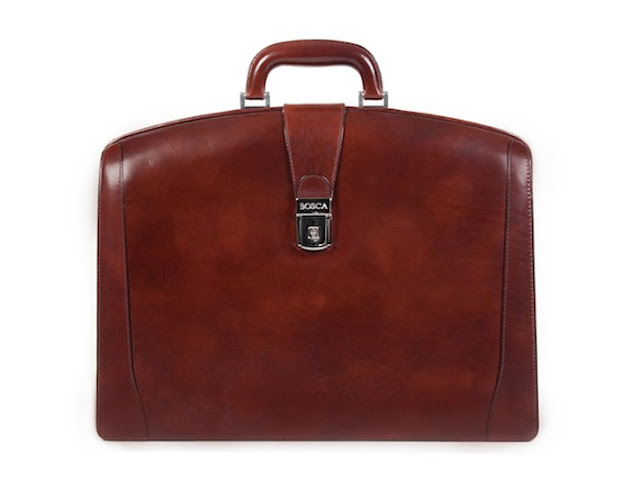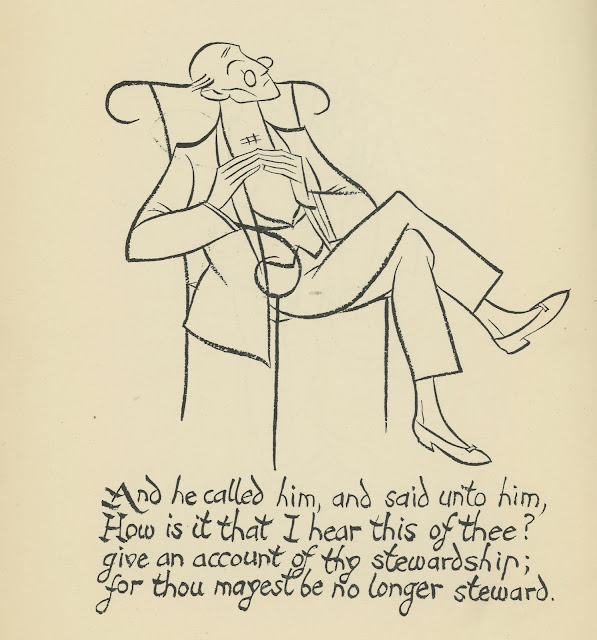SCALES
INTRODUCTION
The title of my homily for this 25th Sunday in
Ordinary Time [C] is, “Scales.”
S C A L
E S
“Scales”. If I was like Father Tizzio, I’d have a scale in my hand to make my point.
He’s the best I’ve seen in using props - to make a point.
I noticed the word “scales” in today’s first reading from
the prophet Amos - when he goes after those who fix their scales for cheating -
especially cheating on the poor and the unsuspecting.
And in today’s gospel, the steward was ripping off his rich boss -
and gets caught. He tells someone who owes 100 measures of oil to change the
promissory note and lower it down to 50. Notice the measurement. And he tells
another who owes 100 kors of wheat, “Here is your promissory note, write one
for 80.”
When he loses his job, he wants to know people who owe
him.
SCALES,
CHEATING, ADJUSTING
Does the overweight person change the adjustor on the
underneath of the scale?
If you read the papers every day, you’ll often read
little sidebar stories about someone cheating on gasoline pumps, emissions
control numbers for cars, lessoning of weight in cereal boxes or candy bars or
what have you or how old is the day old bread or donuts - or how accurate is
the tag on the meat in the meat bin.
If you read the Bible you’ll notice from time to time
that scales, weights and measures are a day to day issue for everyone -
especially in the marketplace.
Caveat emptor. Buyer beware
“A thirteenth century parson, in words of classic
directness, denounced the prevailing tricks of trade. His catalogue begins with
workers in clothing who steal half the cloth, use guile in mixing hair with
wool, and stretch a good cloth to make it into worthless stuff. He notes, in
passing, the iron-workers who hasten too soon from their work that the house
may fall down in a year or two; the traders who take the names of the saints in
vain for wares scarce worth five shillings; the sellers of meat, the
innkeepers, and the cooks, who keep their sodden flesh too long, bake rotten
corn to bread, and betray folk with corrupt wine; and the boors who bring to
town loads of goods that is all full of crooked billets beneath and lay hay on
the wagon so cunningly that no man can profit thereby. He closes with the
doctors, the shoemakers, the bakers, and the hucksters, and their respective temptations
to quaint and profitable deceits.”
That’s from the Yale Law Review, Vol. XL, June 1931, page 1140, in an article by Walton
Hamilton, entitled, “The Ancient Maxim Caveat
Emptor.”
Let the buyer beware.
Jesus had a great
awareness skill. He saw what was happening….
Read the gospel and be aware of what Jesus spotted -
birds, bread, wine, good trees and bad - the marketplace - and fathers who have
2 sons. It’s an interesting way to read the scriptures.
Jesus must have spotted and studied a merchant who was
very generous. Maybe the marketplace was just outside their carpenter shop in
Nazareth. it wasn’t that big a town up there in Northern Palestine. If some
lady wanted flour that merchant would put some in her shopping bag - or garment -
then shake it - so all would settle - then add some more and tap it down - and
then add some more - to fill it to the brim.
Then Jesus said, “That’s the way to measure people - that’s the way to
give to people. Have great generosity. That’s the way God measures people.”
“In fact,” he adds, “if we judge others with tiny
measuring scales, that’s how we’ll be judged.”
There it is. Jesus is saying we have these scales inside
our mind.
I hear him saying, “Check your scales.”
In today’s gospel I hear him saying, “Be wise, be smart,
be prudent, do life like this guy in today’s gospel.”
He’s not saying to cheat or be dishonest, but he is
saying, cheat and be dishonest like this dishonest steward - and cheat your way
into heaven.
Let me try that again: Give others some room. Give them a
break. Stop judging everyone, and you’ll get a break from God in the big
judgment.
In fact, that attitude will creep into your everyday
mind and attitude.
That’s kind of calculating and funny - but that’s what
Jesus is saying.
JUSTICE
I didn’t realize till long after I finished our seminary
what our moral theology professor taught us: justice is a big, big life issue.
I began to notice in my 30’s and 40’s and 50’s and 60’s
and now in my 70’s that some people are off on fairness.
Some people are off on comparisons.
Some people don’t think that God is fair.
Some people think that God gives others a better deal
than they got.
In other words - some people think that God is not just.
Here at 76 I’m still thinking about all this a bit.
I’m wondering: are there 2 kinds of people? When they get their cake, some people look
for their fork and some people look to see how big a piece the others got.
Do people do that all their life - from their 2nd
or 3rd birthday - till today?
What kind of a person am I?
Are there 2 kinds of people, those who think they won and
those who think they always lose out?
Are we happy with our kids, our salary, our car, our
house, our spouse, our family, our story so far?
Check your scales.
PAT LIVINGSTON
STORY
Let me move towards ending this with a story that hit me.
It presents a great contrast - a great comparison - and a great choice.
One of my favorite writers and speakers is a woman named
Pat Livingston.
She once told the following story….
She was at poolside down in Florida where she lives.
Sitting there in a beach chair, she is watching the
scene.
Over to her right - on a blanket is this large woman - in
a small bikini - coming out of herself - from various places. She is laughing
and telling jokes - and connecting with lots of people in her vicinity.
She has on one plate two hot dogs and on another a
hamburger and lots of chips.
She doesn’t seem to worry about the numbers on a scale.
Over to her left - Pat spots a lady - all alone - walking
towards the other end of the pool. She’s wearing this robe that covers her from
top to toes.
She gets to the other end of the pool. She grabs the
ladder and starts to descend into the pool. At each step, she raises the robe -
up over her body and then her head. She’s wearing the perfect bathing. She’s in
perfect shape. She doesn’t have half an ounce of extra weight or her perfect
body. She swims the length of the pool 3 or 4 times. She heads for the ladder
and smoothly goes up the steps putting her robe back on move by move.
Pat then says, “I’m looking at both women. Who would I
rather be: A or B?”
Pat is rather thin - but obviously - she rather be A.
CONCLUSION
The title of my homily is, “Scales.”
I tried to get into looking at what do our scales look
like. How do we measure each other? How
do we treat each other in mind and heart?
Are we cheating on ourselves and / or on others?
I don’t know how to end this, so let me end it with the
last line in today’s second reading: “It is my wish, then, that in every place,
men and women should pray, living up holy hands, without anger or argument.”
























